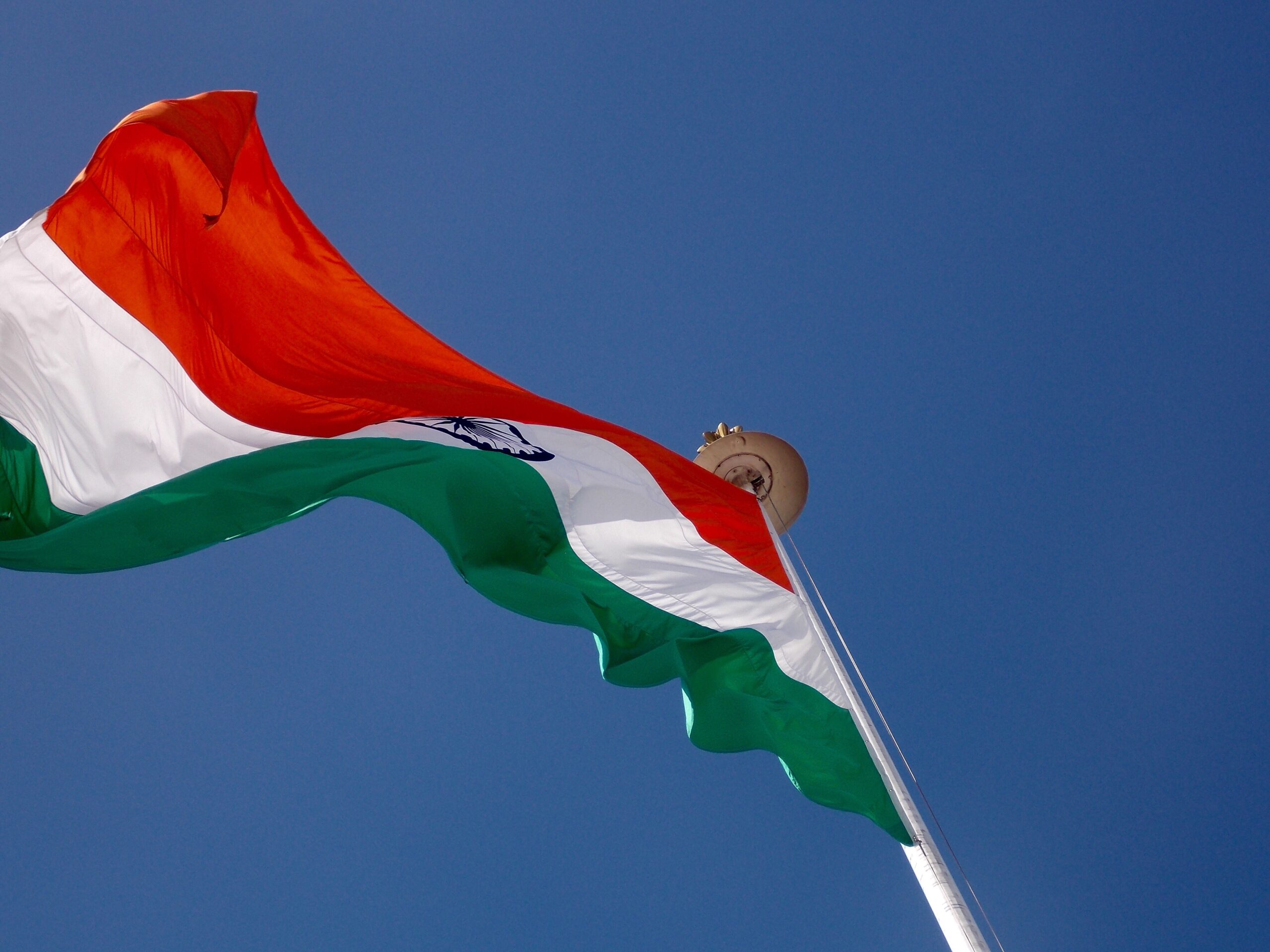The Evolution of Cricket in India. From Colonial Legacy to Global Dominance
Cricket has a deep-rooted history in India, dating back to the early 1700s when it was introduced by British colonists. Initially, it served as a medium for social integration, helping Indian elites align with British cultural norms. Over time, however, the sport transformed into a national obsession.

Key Milestones in Indian Cricket History
- 1721: First recorded cricket match in India
- 1864: First-class cricket introduced with a match between Calcutta and Madras
- 1932: India plays its first Test match at Lord’s
- 1952: India secures its first Test victory against England in Madras
- 1971: Historic series victories against England and West Indies
- 1983: India wins its first Cricket World Cup
- 1990s: The rise of commercial cricket and global superstars
- 2008: Introduction of the Indian Premier League (IPL)
- 2011: India wins its second Cricket World Cup
- 2023: India hosts the Cricket World Cup
Early Beginnings and Colonial Influence
The first recorded cricket match in India took place in 1864 between Calcutta and Madras. By 1932, India became the sixth country to play Test cricket, debuting against England at Lord’s. The Partition of India in 1947 reshaped domestic cricket, leading to the dominance of the Ranji Trophy as the national championship.
Rise of Indian Cricket (1950s-1980s)
India secured its first Test victory in 1952 and later established itself as a formidable force. The 1970s saw the rise of the legendary spin quartet (Bishen Bedi, E. A. S. Prasanna, B. S. Chandrasekhar, and Srinivas Venkataraghavan) ushering in the “Golden Era.” The sport’s breakthrough moment came in 1983 when India, under Kapil Dev, won its first Cricket World Cup, stunning the world and igniting mass popularity for the game.
Global Expansion and the Modern Era (1990s-Present)
Cricket’s reach expanded dramatically in the 1990s with live broadcasts, international tournaments, and the emergence of global stars like Sachin Tendulkar.
The 21st century has been India’s most successful period in cricket. The appointment of foreign coaches like John Wright and Greg Chappell brought strategic advancements, improving India’s performance in both Tests and ODIs.
India won its second ICC Cricket World Cup in 2011 under the captaincy of MS Dhoni, defeating Sri Lanka in the final at Wankhede Stadium. The triumph solidified India’s dominance in world cricket. Additionally, the rise of the Indian Premier League (IPL) in 2008 revolutionized the sport, creating a platform for young talent and making cricket a year-round spectacle.
With Virat Kohli leading the charge in the 2010s, India became a formidable force across all formats, achieving historic victories overseas and maintaining its stature as one of the world’s best cricket teams.
